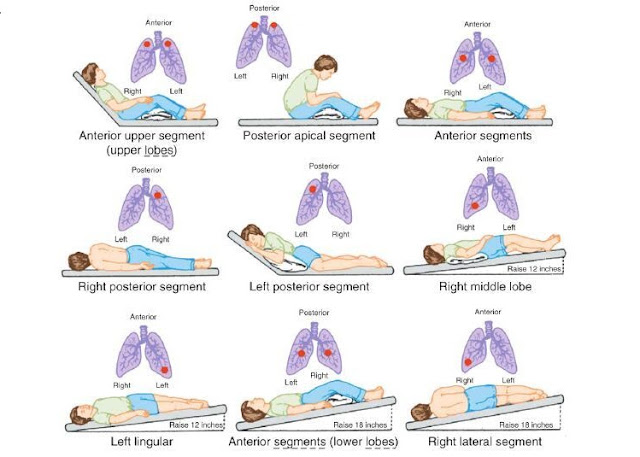Why Cancer Rehabilitation is an integral part of the treatment?
Cancer treatment may disturb physical, social, psychological, and work-related abilities. Rehabilitation helps persons to recover these abilities and maintain independence.
Many people than ever are suffering with cancer, but the disease and its life-saving treatments often leave survivors with physical, cognitive, and emotional sequelae that need rehabilitation services. Cancer rehabilitation is developing to meet the complex needs of an increasing number of survivors: rehabilitation professionals are working to design interventions that restore the integrity of organ structure and function, remediate functional loss, and allow full involvement in personal roles and activities.
Cancer Rehabilitation help in reaching the following goals:
· Recover physical strength.
· Increase the ability to care for yourself which reduces the amount of support needed from caregivers.
· Adjust to actual, perceived, and potential losses.
· Reduce anxiety and depression.
· Manage symptoms of cancer and its treatment which include fatigue, sleep problems, and pain.
· Reduce hospital stays.
Cancer Rehabilitation services include the following:
· Patient and family education and counseling
· Nutrition counseling
· Exercise programs
· Support to quit smoking
In addition, rehabilitation also helps with daily activities such as:
· Eating and drinking
· Cooking
· Dressing, bathing, and using the toilet
· Doing basic chores
Cancer Rehabilitation team includes:
· Rehabilitation nurse
· Mental health professionals
· Oncologist
· Physical therapist
· Occupational therapist
Cancer Rehabilitation plays a major role in the improvement of functional health and participation outcomes for cancer survivors.




Comments
Post a Comment